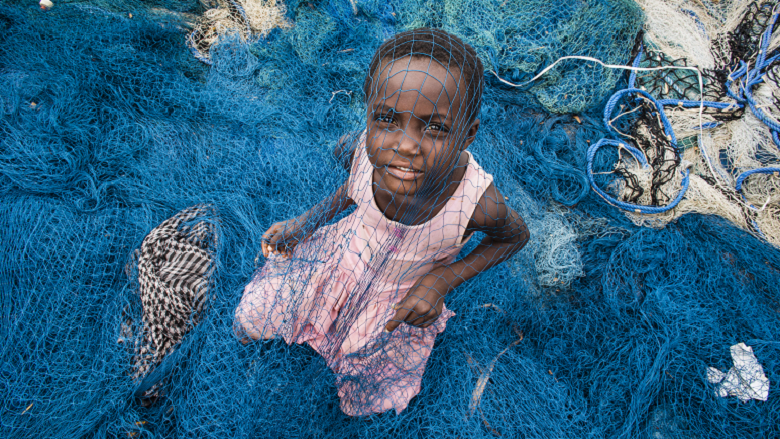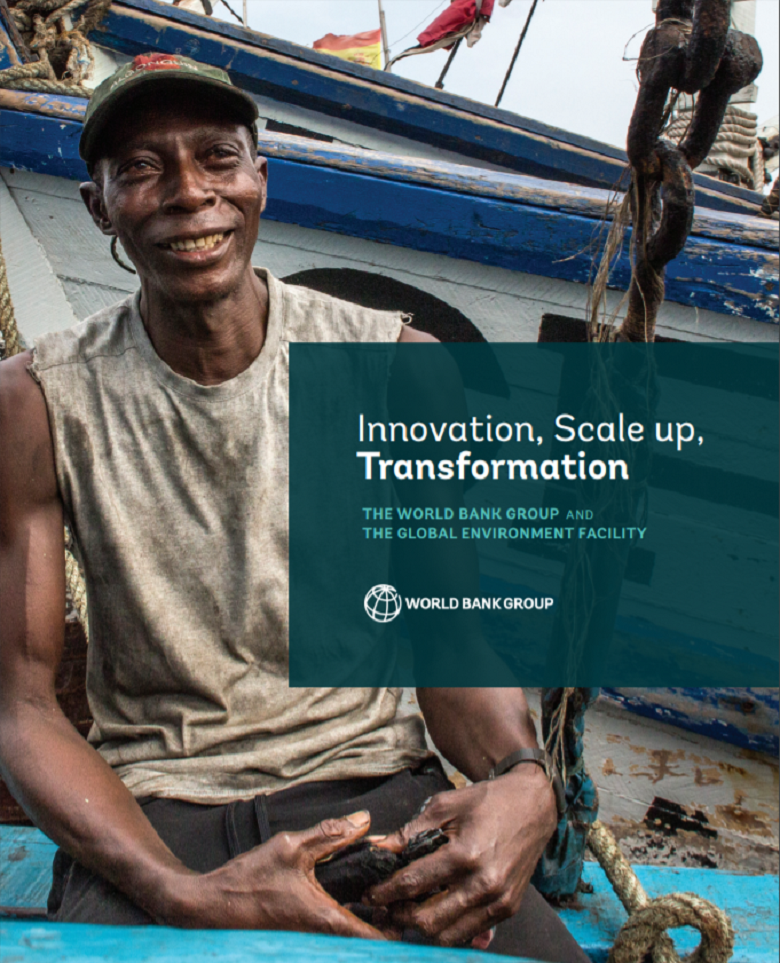A recent publication highlights how countries and communities worldwide benefit from the World Bank Group’s use of GEF grants to foster innovation and transformation in tackling complex environmental challenges. For example:
- The GEF is supporting a pan-African partnership that leveraged over $1 billion to strengthen food security and climate resilience of vulnerable communities in the Sahel and West Africa as part of the Great Green Wall Initiative.
- The GEF financed preparatory studies for rapid bus transit and nonmotorized transport in the Mexican cities of Ciudad Juarez, Monterrey, Leon, and Puebla—laying the groundwork for a $400 million package for new mass transit infrastructure and vehicles by the World Bank.
- GEF financing helped Vietnam build capacity and regulation to safely manage and phase out hazardous chemicals
The World Bank Group uses these grants to pilot innovation and leverage financing for environmental programs in a variety of sectors including forests, landscapes, wildlife, the blue economy, water, clean energy, transport, and pollution. This includes leading the Global Wildlife Program across 19 countries in Africa and Asia to combat illegal wildlife trade and protect species and habitats. And supporting countries from Mauritania to Ghana in coastal West Africa to better manage fisheries and curb illegal fishing through strengthened governance, regulations, and community involvement.
GEF financing at the World Bank supports studies, policy work and investments to demonstrate the economic and social value of the planet’s natural resources while also creating a space for the private sector to play a role. For example, in the Brazilian Amazon, the GEF is supporting a unique public-private partnership for the world’s largest tropical forest conservation effort—over 60 million hectares (twice the size of Germany).
“The GEF provides catalyst financing that increases positive public acceptance and receptivity to new, cutting-edge initiatives that would otherwise not be as well received,” says Veronica Raffo, who led the GEF-financed Sustainable Transport and Air Quality Program (STAQ) in Argentina, for an urban mobility plan that included bus rapid transit lanes, bikeways and bike sharing systems.
The World Bank has worked with GEF financing to help unlock financing from other sources and overcome investment barriers. With over $5 billion of GEF financing since 1991, the World Bank Group has mobilized an additional $40 billion —including US$15.8 billion of its own resources — a 1:8 leverage ratio. These funds test ideas and lay the groundwork for scaled up programs by countries and the private sector.
As the GEF enters its seventh replenishment cycle, the World Bank continues to strengthen its partnership with the Facility and governments, civic, and business leaders to ensure investments make substantial, durable contributions toward meeting the UN’s Sustainable Development Goals.





